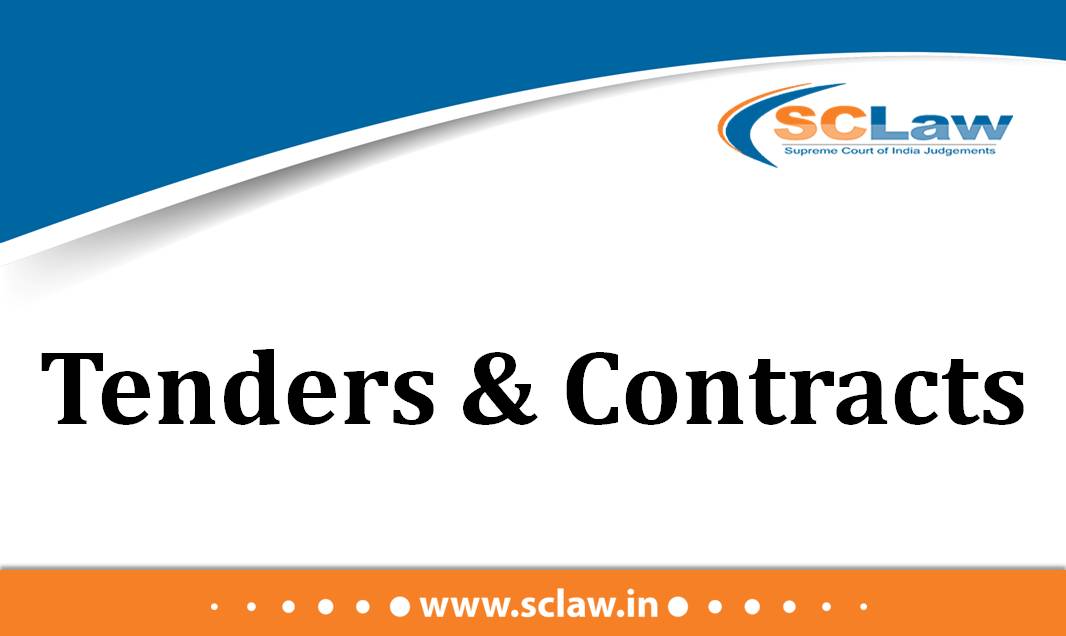National Highways Act, 1956 — National Highways Fee (Determination of Rates and Collection) Rules, 2008 — The Court concluded that it would be impossible to return the collected toll/fee to the road users, and any order modifying the interim order would be detrimental and harmful to the road users as additional amounts would have to be collected to make up for the cost of the highway — Therefore, the Court allowed the present appeal and set aside the judgment of the High Court — The Court also directed that the amount lying deposited in the nationalized bank along with interest may now be utilized by NHAI and would be treated as toll/fee collected from the users, and it would be accounted towards the actual cost to be recovered.
2024 INSC 556 SUPREME COURT OF INDIA FULL BENCH CHAIRMAN, NATIONAL HIGHWAYS AUTHORITY OF INDIA AND ANOTHER — Appellant Vs. ARVIND KUMAR THAKUR AND ANOTHER — Respondent ( Before :…









